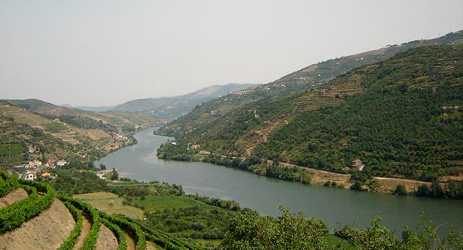Decanting should be primarily used to separate red wines and fortified wines (made from red grapes, such as Port) from their sediment, which often accumulates with age. Sediment left in a wine glass dulls aroma due to its reductive effect. Additionally, getting a mouthful of gritty, dusty sediment is not pleasant.
Another occasion for decanting is to aerate and open up young tannic wines (Barolo for example), in order to make them more approachable to drink right away. I personally only dust off my decanters once a year at Christmas time and rely on aeration in my wine glass throughout the year because once poured into a decanter, the whole bottle should be consumed. I have never felt the need to decant a white.
Therefore the short answer is that most everyday wines do not need decanting.
If one were to decant, I would advise to do it right before serving the wine, some older wines are very sensitive to oxygen and will tire quickly once decanted*. If one were decanting to separate sediment, it is only logical to stand the bottle upright for a few hours to enable the sediment to settle to the bottom and decant over a light source to know when to stop upon seeing sediment.
Translated by Sylvia Wu / 吴嘉溦
All rights reserved by Future plc. No part of this publication may be reproduced, distributed or transmitted in any form or by any means without the prior written permission of Decanter.
Only Official Media Partners (see About us) of DecanterChina.com may republish part of the content from the site without prior permission under strict Terms & Conditions. Contact china@decanter.com to learn about how to become an Official Media Partner of DecanterChina.com.






Comments
Submit